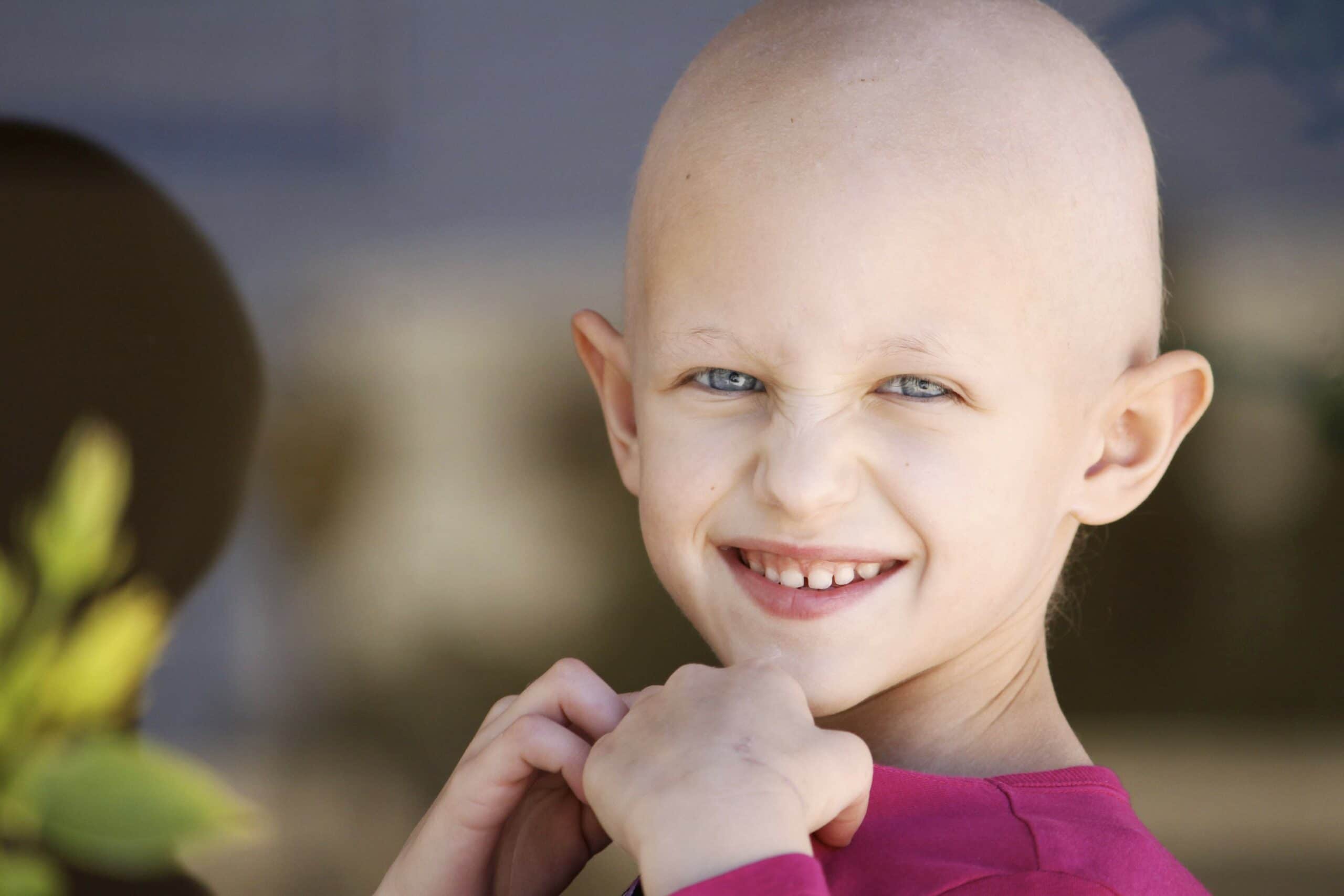President Donald Trump has signed an executive order that directs the use of artificial intelligence in advancing clinical research on paediatric cancer, marking a significant step in the administration’s efforts to address one of the most serious health issues affecting children in the US.
The directive instructs the MAHA Commission to collaborate closely with the Assistant to the President for Science and Technology and the Special Advisor for AI and Crypto. These offices will work together to develop innovative strategies for leveraging state-of-the-art technologies, such as artificial intelligence (AI), to enhance cancer prevention, detection, treatment, and cures for cancers in children and young adults.
One of the primary objectives, according to the order, will be to identify opportunities for the National Cancer Institute’s ongoing Childhood Cancer Data Initiative (CCDI). This project aims to collect, generate, and analyse vast amounts of data about childhood cancer. Scientists hope to learn more about the progression of diseases, potential genetic markers, and more effective treatment methods that could ultimately save lives by incorporating AI techniques into this framework.
Improvements to data infrastructure and advances in the study of complex biological systems are also highlighted in the plan. With AI’s help, researchers will be able to improve clinical trials, expand patient access to these studies, and improve overall outcomes. Officials claim that this technological integration would speed up the creation of innovative treatments, giving families who receive a cancer diagnosis access to more rapid and precise medical resolutions.
Additionally, the ruling requires the CCDI to receive additional funding from federal sources that are already in place. The goal is to ensure that the federal government has access to the best data available for paediatric cancer research, while also encouraging private sector participation. By enlisting the aid of technology companies, research institutes, and industry leaders, the administration hopes to accelerate the adoption of AI-powered solutions that can unlock novel therapies.
The Secretary of Health and Human Services will also be instrumental in integrating AI into ongoing efforts to interoperable health data. This integration is expected to result in stronger data access for academics and clinical trial designers in both the corporate and academic sectors. The administration also emphasised that patients and parents will continue to have control over their health information, in response to growing privacy concerns in the era of digital health.
The White House emphasised the urgency of the initiative, pointing out that paediatric cancer remains the leading cause of disease-related mortality for children in the United States. Despite decades of medical progress, the incidence of juvenile cancer has risen by approximately 40% since 1975. These numbers demonstrate how important it is to support innovative research tools that can speed progress and increase survival rates.
The statement comes after the MAHA Commission released its Make Our Children Healthy Again Strategy in September. As part of its comprehensive strategy, the committee proposed over 120 measures to reverse decades of ineffective policies that contributed to the epidemic of chronic diseases in children in America. The plan calls for better nutrition, stronger environmental protections, and more research into diseases that disproportionately affect children.
By directly connecting AI research to paediatric cancer initiatives, the Trump administration is showcasing its commitment to prioritising child health through both policy and technology. Advocates argue that by using artificial intelligence to analyse large amounts of health data, researchers may be able to identify patterns that would otherwise go unnoticed. To reduce the amount of trial-and-error involved in cancer treatment, AI could, for example, assist in identifying which medications are most likely to be effective for particular genetic profiles.
Experts caution that the success of such a daring endeavour will depend on steady funding, careful oversight, and cooperation between federal agencies, universities, and the private sector. They note that while AI holds great promise, its application in medicine must be accompanied by rigorous ethical standards and scientific validation.
However, the executive order is being praised by many advocates for paediatric cancer research, who have long called for increased federal funding and action in the fight against childhood cancer. Parents, patient advocacy groups, and medical researchers see this as an opportunity to apply cutting-edge technology to a pressing need, giving thousands of families hope every year.
As the MAHA Commission begins implementing the order, the administration is expected to make additional announcements in the coming months regarding funding distributions and collaborations. If the project is successful, it could mark a turning point in American childhood cancer treatment by combining technology, research, and policy to significantly improve care for the nation’s youngest patients.
